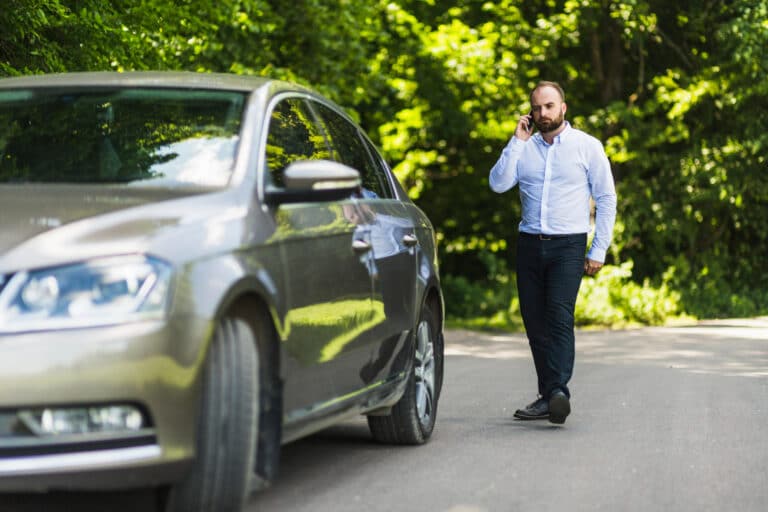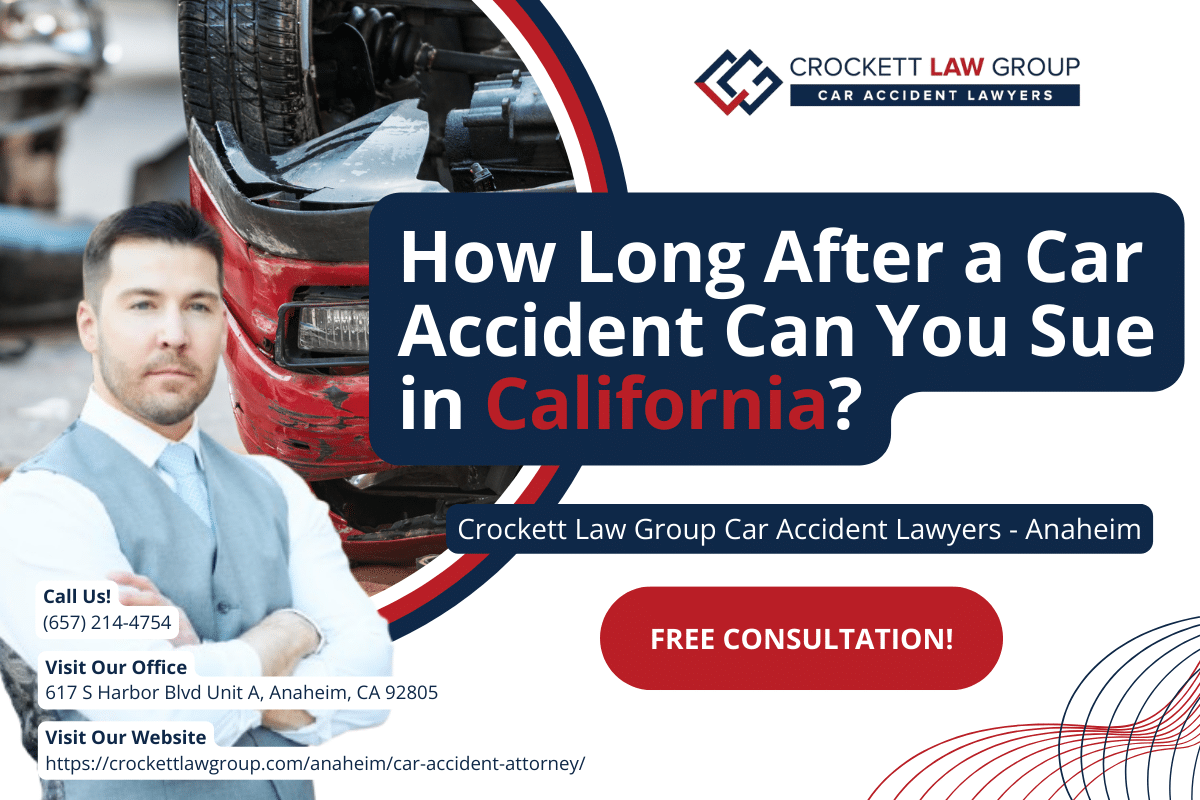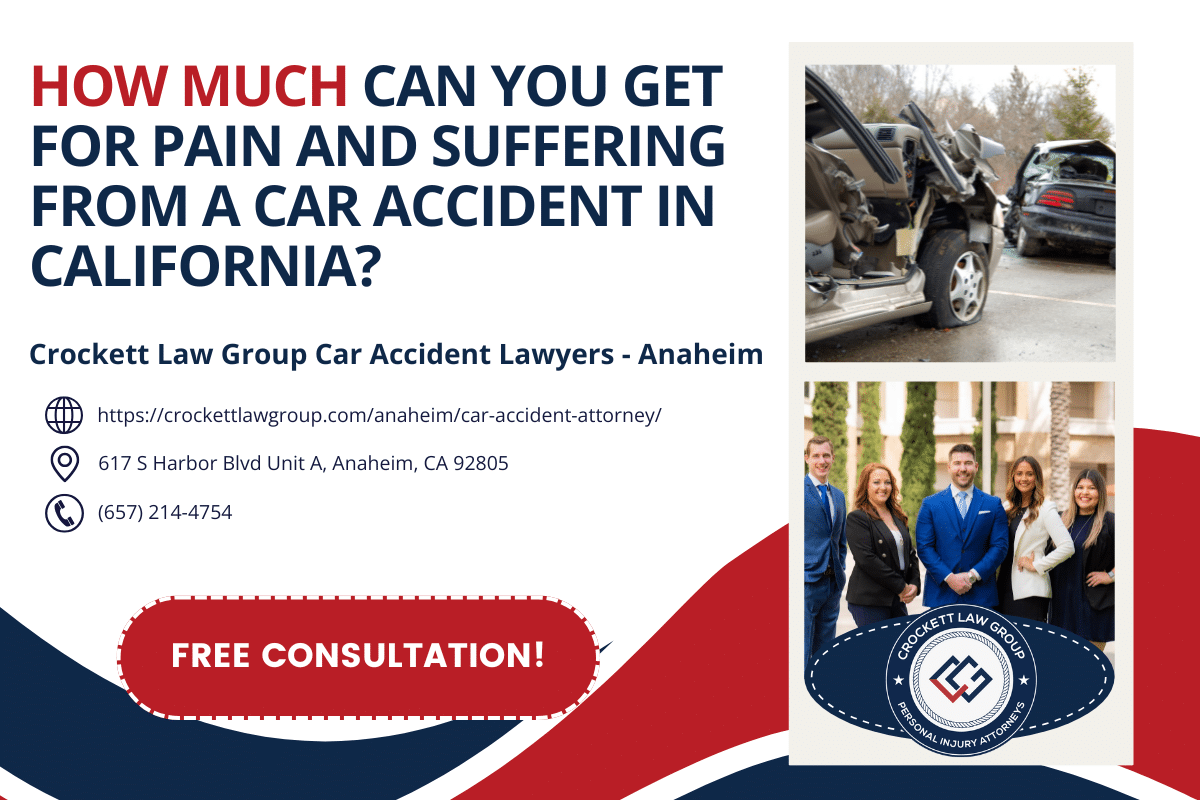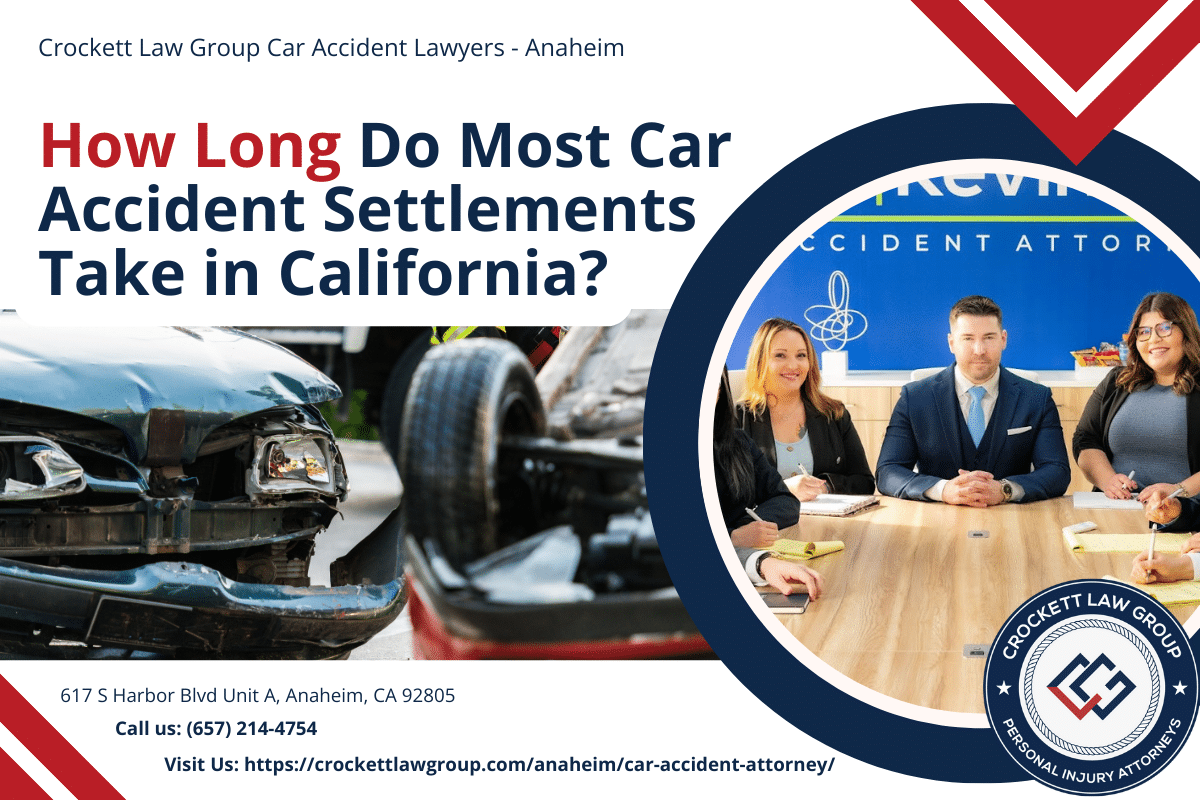Accidents can happen to anyone, even when your car is stationary. If you hit a parked car in California, it’s important to handle the situation properly.
Knowing what steps to take can help you avoid legal troubles and ensure everyone involved is treated fairly.
Car Accident Numbers in the US
Car Crash Statistics
| Statistic | Value |
|---|---|
| Fatal Car Accidents in 2020 | 35,766 |
| Total Deaths from Car Accidents in 2020 | 38,824 |
| Injury-Causing Crashes in 2020 | 1,593,390 |
| Property Damage Crashes in 2020 | 3,621,681 |
| Percentage of Fatal Accidents Involving Drunk Driving | 35% |
| Percentage of Fatal Accidents Involving Speeding | 29% |
| Percentage of Drivers in Fatal Crashes Not Wearing Seatbelts | 46% |
| Time Period with Most Fatal Accidents | 6:00 pm – Midnight |
| Percentage of Total Accidents Resulting in Death | <1% |
| Teen Driver Fatalities Compared to Younger Passengers | Double |
| Male Fatalities in 2020 | 28,033 |
| Female Fatalities in 2020 | 10,690 |
| State with Highest DUI-Related Fatalities | Montana |
| Percentage of Montana’s Fatal Accidents Involving DUI | 51% |
Immediate Actions to Take
When you hit a parked car, it’s natural to feel anxious or stressed. However, taking immediate and appropriate actions can significantly reduce the potential legal and financial consequences. Here are the key steps you need to take right away to manage the situation responsibly.
- Stay Calm
- Check for Injuries
- Move to a Safe Area
- Wait for the Owner
- Leave a Note
- Document the Scene
- Look for Witnesses
- Call the Police
- Notify Your Insurance
- Seek Legal Advice
By following these immediate actions, you can manage the aftermath of hitting a parked car in California responsibly and effectively. Taking these steps helps ensure that you comply with the law and minimize any negative consequences.
Remember, handling the situation properly demonstrates your responsibility and can prevent further complications.
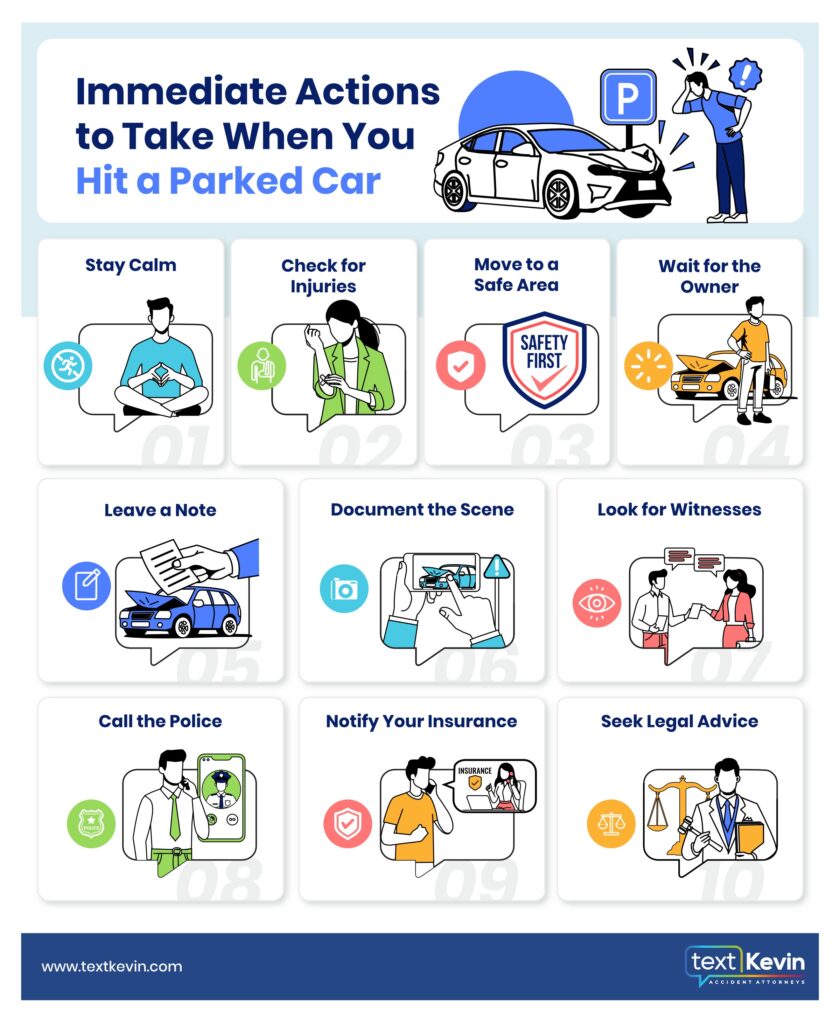
Legal Obligations and Consequences
Understanding the legal obligations and potential consequences when you hit a parked car in California is crucial. This knowledge will help you comply with the law and handle the situation appropriately. This section covers the key legal aspects you need to be aware of.
California Vehicle Code § 20002
The California Vehicle Code § 20002 requires drivers to stop immediately if they hit a parked car.
You must locate the owner or leave a note with your contact information and a brief explanation of the incident.
Failing to do so can result in a hit-and-run charge. Knowing this law helps you avoid serious legal trouble. Compliance with this code shows responsibility and respect for others’ property.
Penalties for Hit-and-Run
In California, hit-and-run offenses can carry severe penalties.
If you fail to follow the legal requirements after hitting a parked car, you could face fines up to $1,000 and a possible jail sentence of up to six months.
Additionally, your driving record will reflect the incident, which can lead to increased insurance premiums.
Understanding these penalties underscores the importance of handling the situation correctly. It’s essential to avoid these harsh consequences by following the proper steps.
Reporting to Law Enforcement
Reporting the accident to the police is an important step, especially if the damage is significant or there are injuries.
A police report provides an official account of the incident, which can be crucial for insurance claims and legal processes.
When reporting, provide accurate details and follow the officer’s instructions. This report will serve as a key piece of evidence in resolving any disputes.
Prompt reporting helps ensure that all facts are documented accurately.
Providing Accurate Information
When dealing with the police, insurance companies, and the vehicle owner, it’s crucial to provide accurate and truthful information.
Misrepresenting details can lead to legal complications and further penalties. Ensure that all information about the incident is clear and correct.
Honesty in these situations builds credibility and can help you avoid additional legal trouble. Clear communication is vital in resolving the matter efficiently.
Insurance Implications
Hitting a parked car can impact your insurance premiums and coverage.
Reporting the accident to your insurer promptly is necessary to start the claims process.
Your insurance company will investigate the incident and determine liability. Expect your premiums to increase as a result of the claim.
It’s important to understand your policy’s coverage and how it applies to such incidents. Be prepared for potential financial implications from the accident.
Civil Liability
In addition to criminal penalties, you may face civil liability if you hit a parked car.
The vehicle owner can sue for damages, which could result in financial compensation for repairs and other related costs.
Understanding your potential civil liability can help you prepare for any legal actions that may arise. Addressing this liability responsibly shows a commitment to rectifying the situation.
Consulting with legal counsel can help you manage these risks effectively.
Criminal Charges
In severe cases, hitting a parked car and failing to report it can lead to criminal charges.
Depending on the circumstances, these charges can include fines, jail time, or both. Being aware of the potential criminal consequences highlights the importance of following the law.
Avoiding criminal charges requires diligent adherence to legal requirements. Take immediate and appropriate action to mitigate these risks.
Defenses Against Charges
If you are accused of a hit-and-run, there may be legal defenses available to you.
Possible defenses include lack of intent, mistaken identity, or insufficient evidence. Consulting with an attorney can help you understand your options and build a strong defense.
Proper legal representation can significantly affect the outcome of your case. Exploring your defenses is crucial if you find yourself facing charges.
Impact on Driving Record
An incident where you hit a parked car can negatively impact your driving record. Points may be added to your record, affecting your insurance rates and driving privileges.
Keeping your driving record clean is important for maintaining low insurance premiums and avoiding license suspensions.
Addressing the incident responsibly can help minimize these impacts. Proactive steps can protect your driving privileges.
Repair and Compensation
After hitting a parked car, you will need to address the repair and compensation process.
This includes dealing with your insurance company, obtaining repair estimates, and compensating the vehicle owner.
Handling these aspects properly ensures a fair resolution for all parties involved. Clear communication with the owner and insurers is key.
Ensuring that repairs are completed satisfactorily demonstrates responsibility.
Dealing with the Aftermath
After addressing the immediate and legal concerns of hitting a parked car, it’s important to know how to deal with the aftermath effectively. This section provides guidance on managing the steps that follow the incident, ensuring that everything is handled smoothly and responsibly.
Insurance Claims Process
Filing an insurance claim is a crucial step after hitting a parked car.
Contact your insurance company as soon as possible to report the accident. Provide them with all necessary details, including photos, witness information, and the police report.
Your insurer will guide you through the claims process, which typically involves an investigation to determine liability and the extent of the damage.
Being thorough and prompt in your communication can expedite the process and ensure you receive the coverage you are entitled to.
Clear documentation will support your claim and facilitate a fair resolution.
Handling Disputes
Disputes can arise between you, the vehicle owner, or the insurance companies involved. It’s important to address these disputes calmly and professionally.
If you and the other party cannot reach an agreement, consider mediation or legal assistance. Having legal representation can help ensure your interests are protected and that any conflicts are managed appropriately.
A fair resolution is key to moving forward without ongoing stress.
Repair Estimates
Getting accurate repair estimates is essential for both parties.
Take your vehicle to a reputable auto body shop for an assessment. Ensure that the vehicle owner does the same.
Sharing these estimates with your insurance company will help determine the amount of compensation required.
Obtaining multiple estimates can provide a clearer picture of the repair costs and help in negotiating a fair settlement. Accurate estimates ensure that all damages are properly addressed.
Rental Car Coverage
If your car is being repaired, you may need a rental car.
Check your insurance policy to see if it includes rental car coverage. If it does, your insurer will cover the cost of a rental car while your vehicle is in the shop.
Understanding your policy’s rental car provisions can save you from unexpected out-of-pocket expenses.
Make sure to keep all receipts and documents related to the rental for reimbursement purposes.
Medical Expenses
If there were any injuries resulting from the accident, dealing with medical expenses is a priority.
Your insurance should cover the medical costs if you have the appropriate coverage. Keep detailed records of all medical visits, treatments, and expenses. This documentation will be crucial for insurance claims and any potential legal actions.
Ensuring all medical costs are covered is vital for your financial stability and health recovery.
Documenting Everything
After an accident, documenting everything thoroughly is crucial for resolving claims and any potential legal issues.
Detailed records help ensure transparency and accountability, which are essential for a smooth resolution process.
Below are the key aspects to consider when documenting everything related to the incident.
- Photos of the Scene
- Witness Statements
- Police Report
- Insurance Information
- Repair Estimates
- Medical Records
- Receipts and Expenses
- Correspondence
- Diary of Events
- Legal Documents
Documenting everything after an accident is a vital step in protecting yourself and ensuring a fair resolution.
Thorough and organized records provide a clear and accurate account of events, which can be invaluable during the claims process and any legal proceedings.
Follow-Up
Following up on all aspects of the incident is essential to ensure nothing is overlooked.
This includes checking the status of your insurance claim, verifying that repairs are completed satisfactorily, and confirming that any medical treatments are progressing well.
Regular follow-ups demonstrate responsibility and help keep the process on track. Ensuring all loose ends are tied up can provide peace of mind.
Preventive Measures
Learning from the accident can help you prevent similar incidents in the future.
Consider taking defensive driving courses or adjusting your parking habits to avoid high-risk areas.
Preventive measures can reduce the likelihood of future accidents and improve your overall driving safety.
Adopting safer practices shows a commitment to responsible driving and can protect you and others on the road.
Learning from the Experience
Reflecting on the incident and the steps you took can provide valuable lessons.
Understanding what went wrong and how you handled it can improve your response to future accidents. This experience can help you become a more cautious and aware driver.
Personal growth from these lessons enhances your driving skills and preparedness.
Support Resources
There are various resources available to help you through the aftermath of an accident. These include legal services, like Crockett Law Group, medical professionals, and support groups.
Utilizing these resources can provide the assistance and guidance you need. Access to support can make dealing with the aftermath less stressful and more manageable.
Get Legal Help Now
If you need assistance with your case, don’t hesitate to reach out to Kevin Accident Attorneys.
Contact a car accident attorney today by texting (800) 900-9393 for comprehensive guidance and support.

